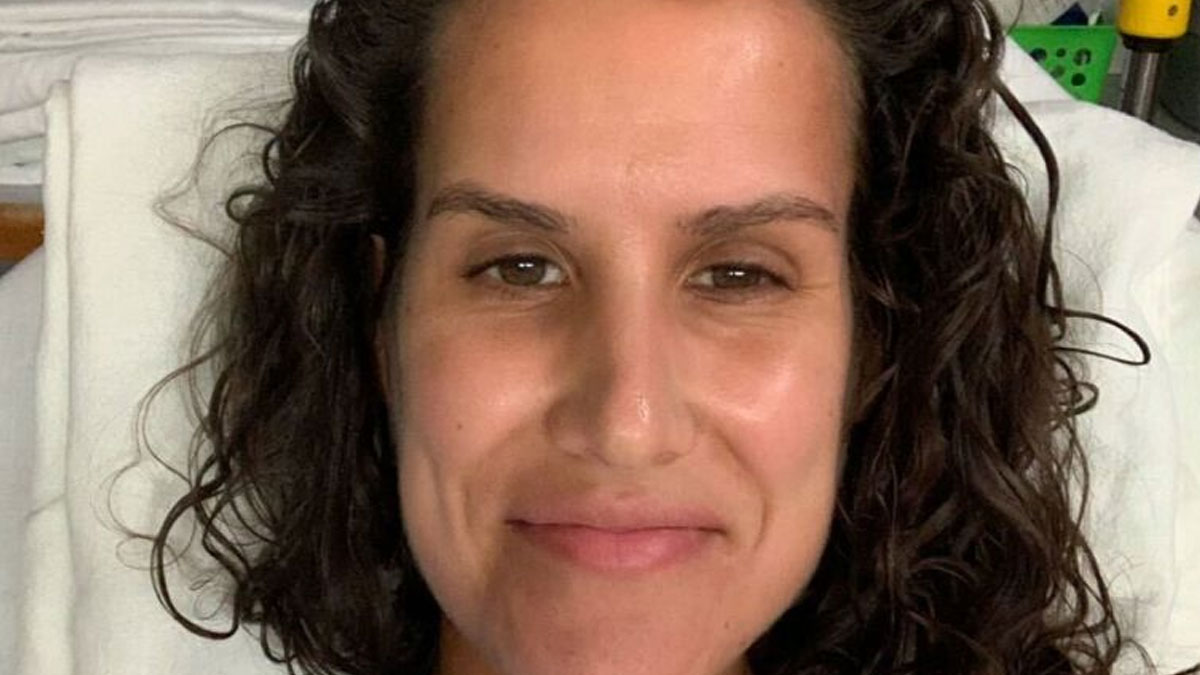
Healthy 34YO Woman Finds Out Her Liver Is Failing After TikTok Urges Her To See A Doctor
If I asked TikTok users to raise their hand, would you raise yours? If you would, you’re not the only one—far from it. According to some sources, the platform currently boasts over a billion monthly active users worldwide.
One of them, social media expert Kate Winick, is—or at least was—a TikTok user, too, but for her, it became way more than just a source of entertainment. In her own words, “TikTok saved my life. Literally.” Scroll down to find her story that she shared on her LinkedIn profile below.
People use social media for different purposes, from entertainment to work and beyond
Image credits: Andrej Lišakov/Unsplash (not the actual photo)
For this woman, one social media platform became a way to a better life
Kate believed she’d be a lot worse off today if it wasn’t for TikTok
Image credits: Kate Winick
Many people, especially among Gen Z, get their information from TikTok
Image credits: Luke Porter/Unsplash (not the actual photo)
As mentioned before, TikTok reportedly has more than a billion monthly active users globally. Home to viral dances that are impossible to imitate by those over 40 and all sorts of trends, among other things, TikTok has climbed to impressive heights during the pandemic, having become the most downloaded app in the world by 2022, The Guardian reports.
But, as Kate’s story shows, it’s not just dancing and tradwife videos that can be found on TikTok. Many TikTokers use the platform as a way to spread information on serious topics, too, such as physical health, parenting, or mental well-being, to name a few, that can significantly influence the lives of their followers, hopefully for the better.
The New York Times suggests that for some people, Gen Z in particular, TikTok has also become a search engine, with some netizens turning to it more frequently than they do to Google. While the latter is still considered the dominant search engine, young social media users increasingly rely on platforms like TikTok, Instagram, or Snapchat to find information or opinions on certain things, such as restaurants or businesses.
According to The New York Times, searching for information on TikTok is considered more interactive than typing a query into a more conventional search engine. Representatives of Gen Z tend to browse videos of people sharing their views or spreading information regarding something they’re interested in, then head to the comments section to assess the credibility of the content based on other people’s opinions.
Research on health information on TikTok found that nearly half of the TikTok videos analyzed contained non-factual information
Image credits: Nik/Unsplash (not the actual photo)
Needless to say, it’s not only Gen Z that gets their information from TikTok. Many people of all ages can’t imagine their lives without the platform and the intake of content—however big—they find there regularly. But with so much content uploaded on TikTok day after day, one has to wonder—how much of it can be trusted?
Researchers from the University of Chicago Pritzker School of Medicine delved deeper into health-related information on TikTok, trying to figure out how much of it was true or false. After systematically analyzing health information on the platform (seeking to learn how much misinformation is out there and whether or not it comes from specific types of content creators), the researchers found that close to half of the TikTok videos they analyzed “contained non-factual information, with a large proportion of misleading videos coming from nonmedical influencers.”
That being said, some videos, especially uploaded by professionals in certain fields, can provide important—sometimes even crucial—information; Kate’s story is just one example. People in the comments thanked her for sharing her story, some adding that they’ve learned information about their own conditions or illnesses via social media, too.
People replied with their thoughts in the comments, some have seemingly gone through similar situations themselves
Poll Question
Thanks! Check out the results:
Holy hell. I read this, and googled PBC, out of general interest. I'm in the middle of a bunch of conflicting blood tests results and have half the more unique symptoms of PBC (abnormal ANA results, history of bile stones, malabsorption of fat, etc). I'll be calling my doc for liver tests in the morning.
I have the same story: the coffee shop I go to regularly saved my life. I was there talking to my friends and they said I should see a doctor. Thank you Coffissimo! I am so grateful that I can give you all my data and those of my friends and all my phone contacts and you can give it to any hostile government you want! Then, on my way to the doctor, I fed a dog the last bit of my sandwich. When I went in to the doctor's office, what do you know. The doctor was the dog!
WHAT! The dog must have had no time to rest after the surgery! Don't need to worry about hostile governments! You see they are owned by china! No country has had a better squeaky clean history than them! Never before has one singular party has been so loved by the people! Can you imagine??? For what feels like 200 years now NOTHING bad or controversial EVER happened! We gotta learn from them! There is no one I would trust more with my data NAY MY LIFE than the good people who can make that happen! One thing I would say tho... You can't seem to use winnie the bear as my in game name in the new marvel rivals games! Ohh those Chinese devs are great programmers, but I think they have some work to do with language localization! I am sure they will get it right! There is nothing they can't fix when they work on it! I think the USA should also work on making sure Disney does not send them a weird racist image of their own country! I was shocked when I learned how they removed basically FINN from the cover of the Star Wars movies released there! I am sure it is an honest mistake tho. I mean It is Disney! They can't possibly be a souless nightmarish corporation who would steep to any low of racism and worse hypocrisy to make money! They love all the "minorities"! They also must not think the middle east has gay ppl as they keep removing them too from those releases... They need to work on their geography! Those silly guys! ------------------------------------------------------------------------------------------------------------------------------------------------------------------Ps : To decipher all the sarcasm... CCP china is a literal nightmare made real. An actual dystopia of the dictator kind. USA is on their way with the Corporate conglomerate kind cus what I described just now and how they work together... Also, What Mario's brother acted against...
Load More Replies...It's nice to see a positive example but I've also seen people discouraged to go to a doctor and those were people not even claiming to have any qualifications in medicine.
I also have heard way too many stories of kids thinking they are autistic because there are Tik Toks saying things like if you do this one weird thing, it might be autism - something that is not a criteria of autism (although it might be something more common in autistic people). I don't think it's quite as widespread as people who are online a lot think, but it's still a problem. It's a problem for real autistic people because I've had doctors assume that I just diagnosed myself over some little quirk, due all this trend on Tik Tok. It's probably true of other neurodevelopmental and mental disorders, too.
Load More Replies...Holy hell. I read this, and googled PBC, out of general interest. I'm in the middle of a bunch of conflicting blood tests results and have half the more unique symptoms of PBC (abnormal ANA results, history of bile stones, malabsorption of fat, etc). I'll be calling my doc for liver tests in the morning.
I have the same story: the coffee shop I go to regularly saved my life. I was there talking to my friends and they said I should see a doctor. Thank you Coffissimo! I am so grateful that I can give you all my data and those of my friends and all my phone contacts and you can give it to any hostile government you want! Then, on my way to the doctor, I fed a dog the last bit of my sandwich. When I went in to the doctor's office, what do you know. The doctor was the dog!
WHAT! The dog must have had no time to rest after the surgery! Don't need to worry about hostile governments! You see they are owned by china! No country has had a better squeaky clean history than them! Never before has one singular party has been so loved by the people! Can you imagine??? For what feels like 200 years now NOTHING bad or controversial EVER happened! We gotta learn from them! There is no one I would trust more with my data NAY MY LIFE than the good people who can make that happen! One thing I would say tho... You can't seem to use winnie the bear as my in game name in the new marvel rivals games! Ohh those Chinese devs are great programmers, but I think they have some work to do with language localization! I am sure they will get it right! There is nothing they can't fix when they work on it! I think the USA should also work on making sure Disney does not send them a weird racist image of their own country! I was shocked when I learned how they removed basically FINN from the cover of the Star Wars movies released there! I am sure it is an honest mistake tho. I mean It is Disney! They can't possibly be a souless nightmarish corporation who would steep to any low of racism and worse hypocrisy to make money! They love all the "minorities"! They also must not think the middle east has gay ppl as they keep removing them too from those releases... They need to work on their geography! Those silly guys! ------------------------------------------------------------------------------------------------------------------------------------------------------------------Ps : To decipher all the sarcasm... CCP china is a literal nightmare made real. An actual dystopia of the dictator kind. USA is on their way with the Corporate conglomerate kind cus what I described just now and how they work together... Also, What Mario's brother acted against...
Load More Replies...It's nice to see a positive example but I've also seen people discouraged to go to a doctor and those were people not even claiming to have any qualifications in medicine.
I also have heard way too many stories of kids thinking they are autistic because there are Tik Toks saying things like if you do this one weird thing, it might be autism - something that is not a criteria of autism (although it might be something more common in autistic people). I don't think it's quite as widespread as people who are online a lot think, but it's still a problem. It's a problem for real autistic people because I've had doctors assume that I just diagnosed myself over some little quirk, due all this trend on Tik Tok. It's probably true of other neurodevelopmental and mental disorders, too.
Load More Replies...
 Dark Mode
Dark Mode 

 No fees, cancel anytime
No fees, cancel anytime 










































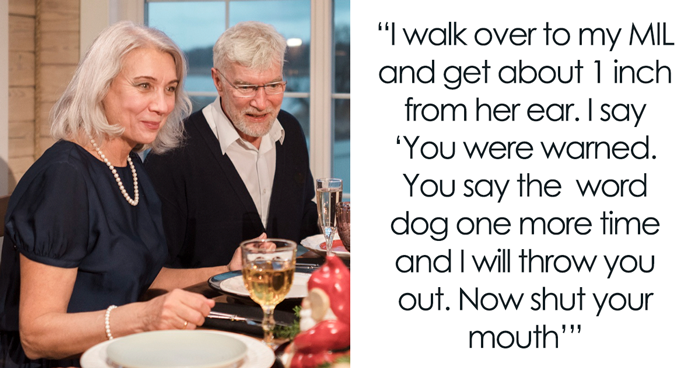
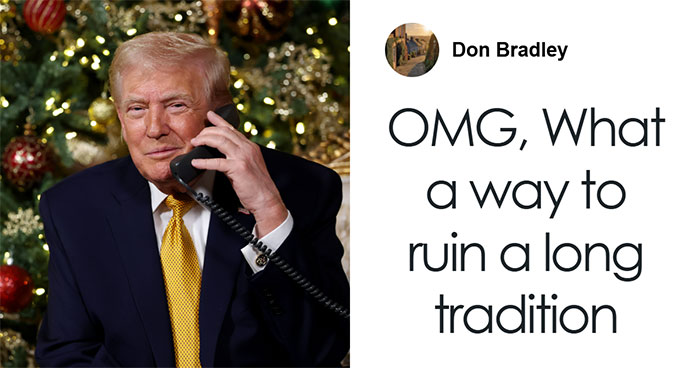

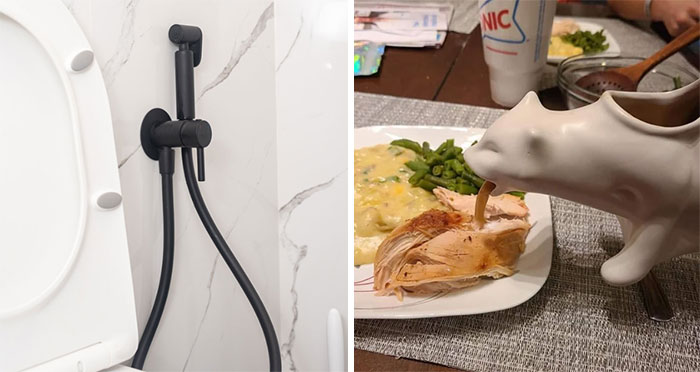
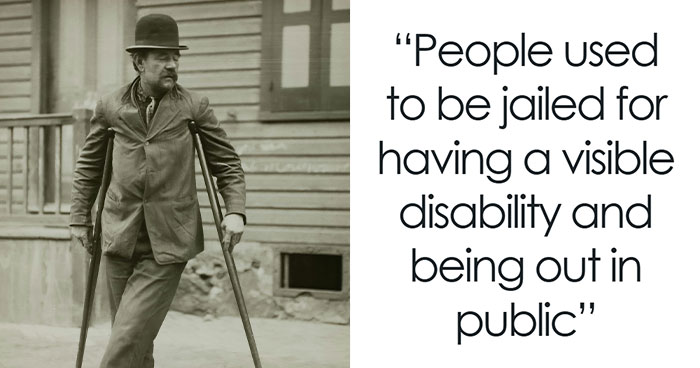
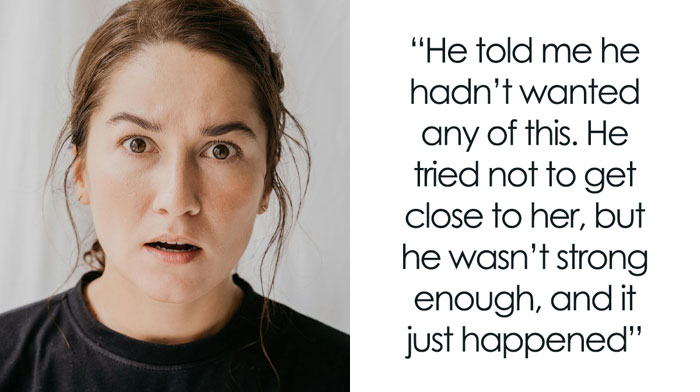
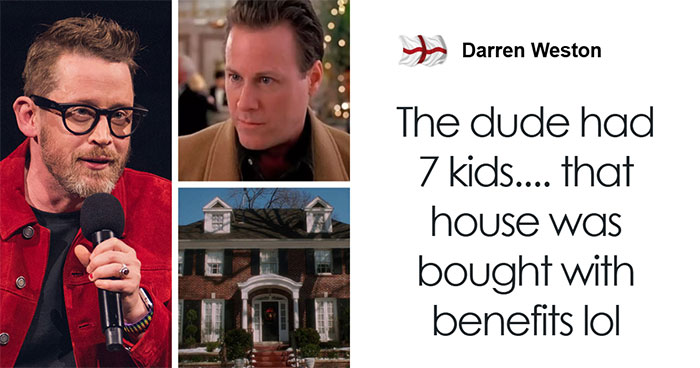































-16
18